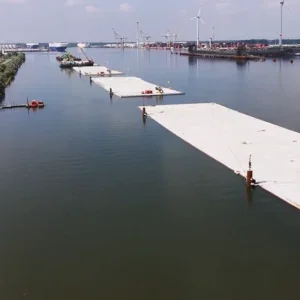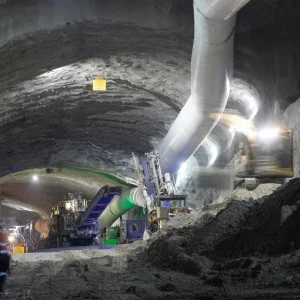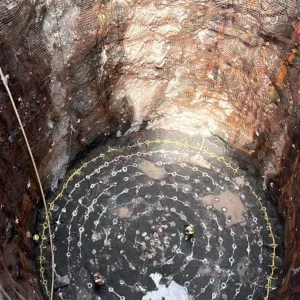Client Expectations Of Engineers And Consultants
Clients generally require design teams to be passionate about the project and have substantial experience gained from similar assignments. In other words, a team that can identify the risks and challenges, implements lessons learnt, and subsequently proposes solutions through innovative thinking.
Consultants are expected to predict where there could be complications on the project and develop early design solutions to mitigate the issues efficiently and in a timely manner. Clients do not appreciate having to follow up continuously to ask for updates. Instead, they like to see the design and engineering teams pushing the project ahead.
Engineering teams must meet project deadlines and develop realistic schedules by understanding other processes that could delay the project. This requires a good understanding of local permitting requirements, the experience of working in a politically sensitive environment, the ability to coordinate with other ongoing projects, and in-depth constructability reviews. Design teams are also expected to know the capabilities of contractors and adapt their design to take advantage of the latest technologies and trends in the market.
Clients understand that the number one claim for underground projects is that of differing site conditions. Design teams need to perform a robust geotechnical investigation programme and develop a comprehensive baseline report to minimise this type of claim during construction. That is why it would be beneficial for consultants to engage their experts right from the outset.
Another essential item is the QA/QC of deliverables, which can become a headache for clients if not undertaken thoroughly. That is because clients end up spending additional time and effort to review the documents several times before having them ready for the contract/tender.
Client Expectations Of Contractor And Construction Teams
The primary obligation for contractors is to put safety first at all times for both staff and the general public. In addition, clients expect construction project managers to come up with innovative solutions while meeting the project’s schedule, budget and quality requirements. A successful underground contractor would need to achieve excellence in communicating with other stakeholders and adapt to day-to-day issues during the construction phase.
Contractors are expected to understand the impacts construction may have on the public and on the neighbourhoods they are mobilising into. They also need to have a capable technical team that is able to prepare highquality shop drawings and perform any temporary construction design work that is needed.
Exceptional construction teams are proactive in working with consultants as a team, raising at an early stage any issues that they expect to encounter and resolving them as soon as possible. They work closely with clients at the bid stage, expressing their concerns over inconsistencies or potential risks in the contract or drawings.
A robust quality management plan is a must for any outstanding contractor. But for that to be effective, it also demands an experienced crew of superintendents and foremen to not only ensure that the main underground work is in accordance with the project specifications but also to oversee the operations of other subcontractors to ensure that they also meet the job requirements.
Notes:
Conflicts and problems are part of every underground project. But sometimes, issues arise due to an incomplete understanding of the project goals or the level of quality clients expect. To minimise disputes like these, clients recommend that design and contractor teams make efforts to ensure:
- Project objectives are clear to everyone involved
- There is no confusion over construction means and methods
- Priorities are fully understood
- Factors to measure progress are established.
Client satisfaction always requires hard work. The key is to ask many questions and communicate regularly in the early stages to determine the project’s overall objectives and what the client wants to achieve. It is from this point that engineers and contractors can appropriately plan and strategise to impress the client. This is easier said than done, but every single project that is completed with a satisfied client (i.e on time, on budget, and to the required quality) will result in precious referrals and more exciting opportunities for the future.







